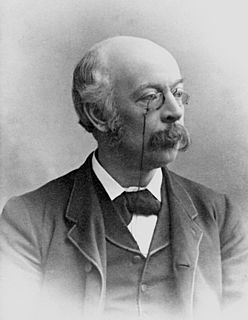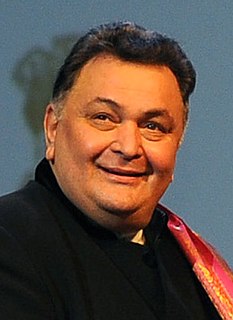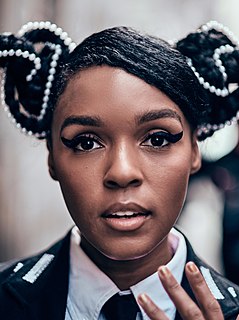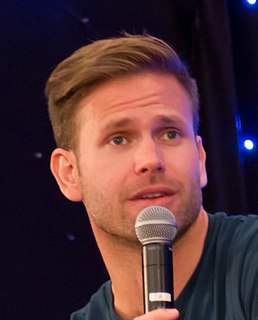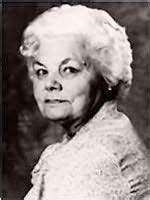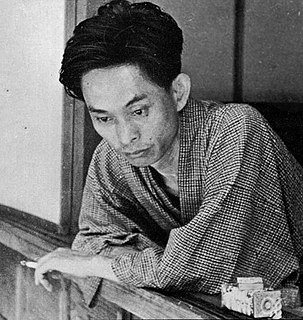A Quote by Alejandro Jodorowsky
Surrealism was necessary - essential, even - in the 1920s to bridge the gap between rationalism and the subconscious. It started something important. But by the early '60s, it had become petit-bourgeois; it was too intellectual and romantic, and had ground to a halt. It had become respectable.
Related Quotes
We had had mass immigration from the late 1800s all the way through the early 1900s to the 1920s, and we had to pause the immigration in order to for the new arrivals to assimilate, to become Americans, to learn English, for one thing. The one thing - or not the one; there are many different things.
Halt! How are you? What have you been doing? Where's Abelard? How's Crowley? What's this all about?" "I'm glad to see you rate my horse more important than our Corps Commandant," Halt said, one eyebrow rising in the expression that Will knew so well. Early in their relationship, he had thought it was an expression of displeasure. He had learned years ago that it was, for Halt, the equivalent of a smile.
He'd never had to make the adjustments and compromises other people accepted early in their romantic careers; never had a chance to learn the lesson that Sarah taught him everyday--that beauty was only a part of it, and not even the most important part, that there were transactions between people that occurred on some mysterious level beneath the skin, or maybe even beyond the body.
You had to change who you were to become famous. I thought that for a very long time. Even after signing a record deal, and then eventually getting my own recording company, Wonderland Records, I had to say no to a lot of opportunities to become well known. If it didn't align with my values and if it didn't support the image I had created for myself, I'd pass.
Modernism in a way, early modernism, for instance, in pictures, was turning against perspective and Europe. And all early modernism is actually from out of Europe, when you think of cubism is African, is looking at Africa, Matisse is looking at the arabesque, Oceania. Europe was the optical projection that had become photography, that had become film, that became television and it conquered the world.
The spiritual kinship between Lincoln and Whitman was founded upon their Americanism, their essential Westernism. Whitman had grown up without much formal education; Lincoln had scarcely any education. One had become the notable poet of the day; one the orator of the Gettsyburg Address. It was inevitable that Whitman as a poet should turn with a feeling of kinship to Lincoln, and even without any association or contact feel that Lincoln was his.
She had been the quiet, rather plain girl, with a surprisingly sharp tongue if she was put out, lovely eyes and pretty hair and a way of looking very directly at one. Now he had to admit that she had become more important to him than anyone else in the world. The idea of a future without her wasn't to be borne. She had by some mysterious metamorphosis become more beautiful than anyone else he had ever encountered.







